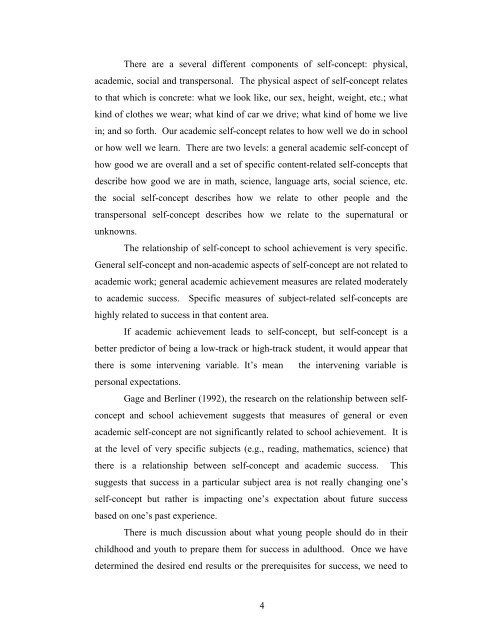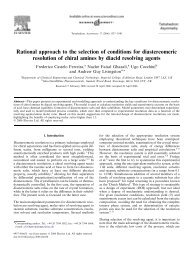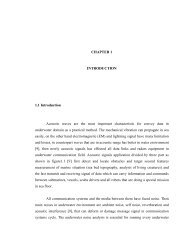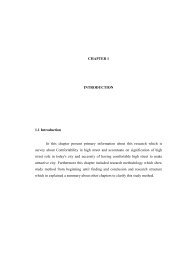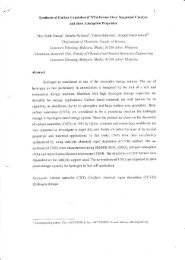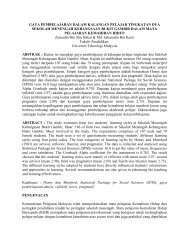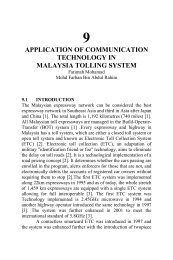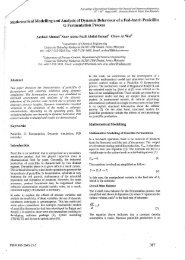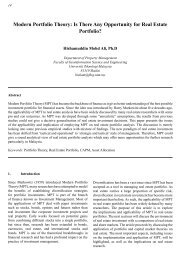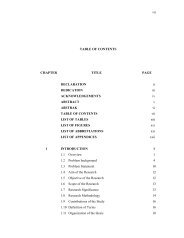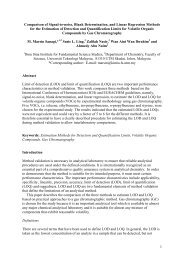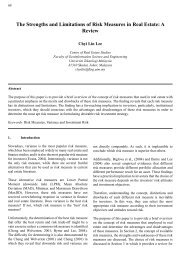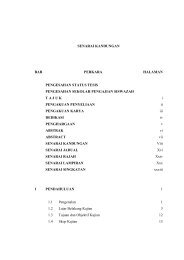SELF-CONCEPT IN EDUCATIONAL PSYCHOLOGY Assoc.Prof. Dr ...
SELF-CONCEPT IN EDUCATIONAL PSYCHOLOGY Assoc.Prof. Dr ...
SELF-CONCEPT IN EDUCATIONAL PSYCHOLOGY Assoc.Prof. Dr ...
Create successful ePaper yourself
Turn your PDF publications into a flip-book with our unique Google optimized e-Paper software.
There are a several different components of self-concept: physical,<br />
academic, social and transpersonal. The physical aspect of self-concept relates<br />
to that which is concrete: what we look like, our sex, height, weight, etc.; what<br />
kind of clothes we wear; what kind of car we drive; what kind of home we live<br />
in; and so forth. Our academic self-concept relates to how well we do in school<br />
or how well we learn. There are two levels: a general academic self-concept of<br />
how good we are overall and a set of specific content-related self-concepts that<br />
describe how good we are in math, science, language arts, social science, etc.<br />
the social self-concept describes how we relate to other people and the<br />
transpersonal self-concept describes how we relate to the supernatural or<br />
unknowns.<br />
The relationship of self-concept to school achievement is very specific.<br />
General self-concept and non-academic aspects of self-concept are not related to<br />
academic work; general academic achievement measures are related moderately<br />
to academic success. Specific measures of subject-related self-concepts are<br />
highly related to success in that content area.<br />
If academic achievement leads to self-concept, but self-concept is a<br />
better predictor of being a low-track or high-track student, it would appear that<br />
there is some intervening variable. It’s mean the intervening variable is<br />
personal expectations.<br />
Gage and Berliner (1992), the research on the relationship between selfconcept<br />
and school achievement suggests that measures of general or even<br />
academic self-concept are not significantly related to school achievement. It is<br />
at the level of very specific subjects (e.g., reading, mathematics, science) that<br />
there is a relationship between self-concept and academic success. This<br />
suggests that success in a particular subject area is not really changing one’s<br />
self-concept but rather is impacting one’s expectation about future success<br />
based on one’s past experience.<br />
There is much discussion about what young people should do in their<br />
childhood and youth to prepare them for success in adulthood. Once we have<br />
determined the desired end results or the prerequisites for success, we need to<br />
4


